Maintaining Oral Health with Orthodontic Treatment: Can I Drink Alcohol with Braces?
All of us know the effects of alcohol on our bodies and overall health, but how much do you know about the effects of alcohol on oral health?
At York Orthodontics, our main job is to educate you on how to keep your teeth and gums healthy when wearing braces or Invisalign. So, before picking up the glass of your favorite alcoholic beverage, remember this article and our advice.
Alcohol and Braces: Their Tight Relationships
Having braces on your teeth, especially in the first few days, can be inconvenient, but it shouldn’t stop you from maintaining your routine. One of the questions that our patients frequently ask us is, “Can I drink alcohol with braces?”. In fact, you can enjoy an occasional alcoholic drink while wearing braces, but it’s important to limit drinking to special occasions.
There are several considerations to keep in mind before consuming alcoholic beverages with braces.
Firstly, alcohol can cause discoloration of the braces, leading to tooth decay. Additionally, alcohol reduces saliva flow in the mouth, which accelerates plaque buildup and increases the risk of tooth decay and cavities.
Typically, alcohol is not brace-friendly, as sticky liquid can get stuck between brackets and wires, increasing the risk of plaque buildup and tooth decay.

Another effect of alcohol on oral health is an increased risk of developing gum disease, as some alcoholic beverages are acidic and can damage the gums. Therefore, we advise our patients to steer away from alcoholic beverages as much as possible.
It is generally recommended to limit alcohol consumption to 1 or 2 drinks per day for men and 1 drink per day for women as moderate alcohol intake.
Alcohol and Braces: Useful Tips
- Avoid babysitting your drink. Although sipping on your beverage slowly may save you money and prevent rapid intoxication, it can negatively impact your dental health. When you prolong the duration of your drinking, your mouth doesn’t have enough time to restore its pH balance, creating an environment that promotes bacterial growth.
- Don’t forget to drink water throughout the evening to stay hydrated and rinse away the leftover acid and sugar on your teeth. It’s good advice to swish the water before swallowing it.
- No matter how tired you are, don’t skip your nightly routine; brush and floss before going to bed. Otherwise, you may wake up with displeasing morning breath.
- Be smart and consume alcoholic beverages moderately. Always drink responsibly, and ensure you have a designated driver or other means of transportation ready to take you home safely.
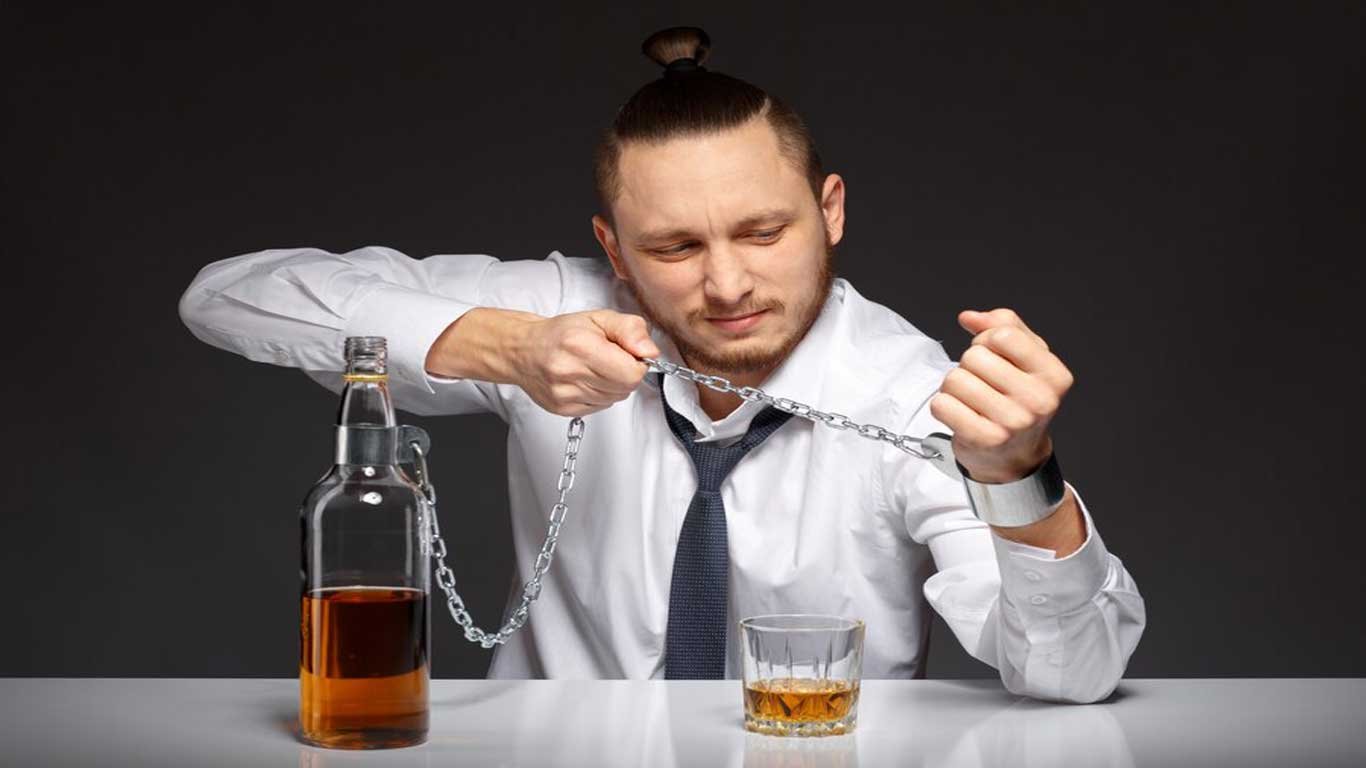
Note: Please note that consuming alcohol not only has a negative effect on your oral health but also increases the risk of developing oral cancer. Based on the study conducted by the American Cancer Society, individuals who consume alcoholic beverages at a rate six times higher than the recommended rate have a significantly higher chance (%75–%80) of developing oral cancer compared to those who don’t.
Mouth Ulcers and Alcohol
Another common question we frequently face is, “Can consuming alcoholic drinks cause mouth ulcers and canker ulcers?”
Although it is not proven that consuming alcohol directly leads to mouth ulcers, it can trigger their occurrence.
Some people may notice one or two canker sores after a night of drinking, which are little round ulcers inside the mouth. Canker sores, unlike cold sores, are not brought on by the herpes virus, so they aren’t contagious. Rather, they’re auto-immune, meaning the body’s immune system mistakenly attacks itself.
An ulcer is a general term used to describe any hole in a bodily membrane. In the case of canker sores, the upper layer of epithelial cells wears down, exposing the underlying blood vessels and nerves. It can be linked to blisters when the outer dome dissolves.
Canker sores are common after consuming beer, wine, or other types of liquor.
Mouth ulcer and alcohol: folic acid deficiency
When it comes to mouth ulcers and alcohol, an important factor to consider is that alcohol can contribute to folic acid deficiency, meaning it can trigger canker sores.
Folic acid, also known as folate, is a type of vitamin B that plays a significant role in the DNA repair process. Excessive alcohol consumption can interfere with the absorption of folic acid and increase the excretion of folate through urine, leading to the development of bothersome canker sores.
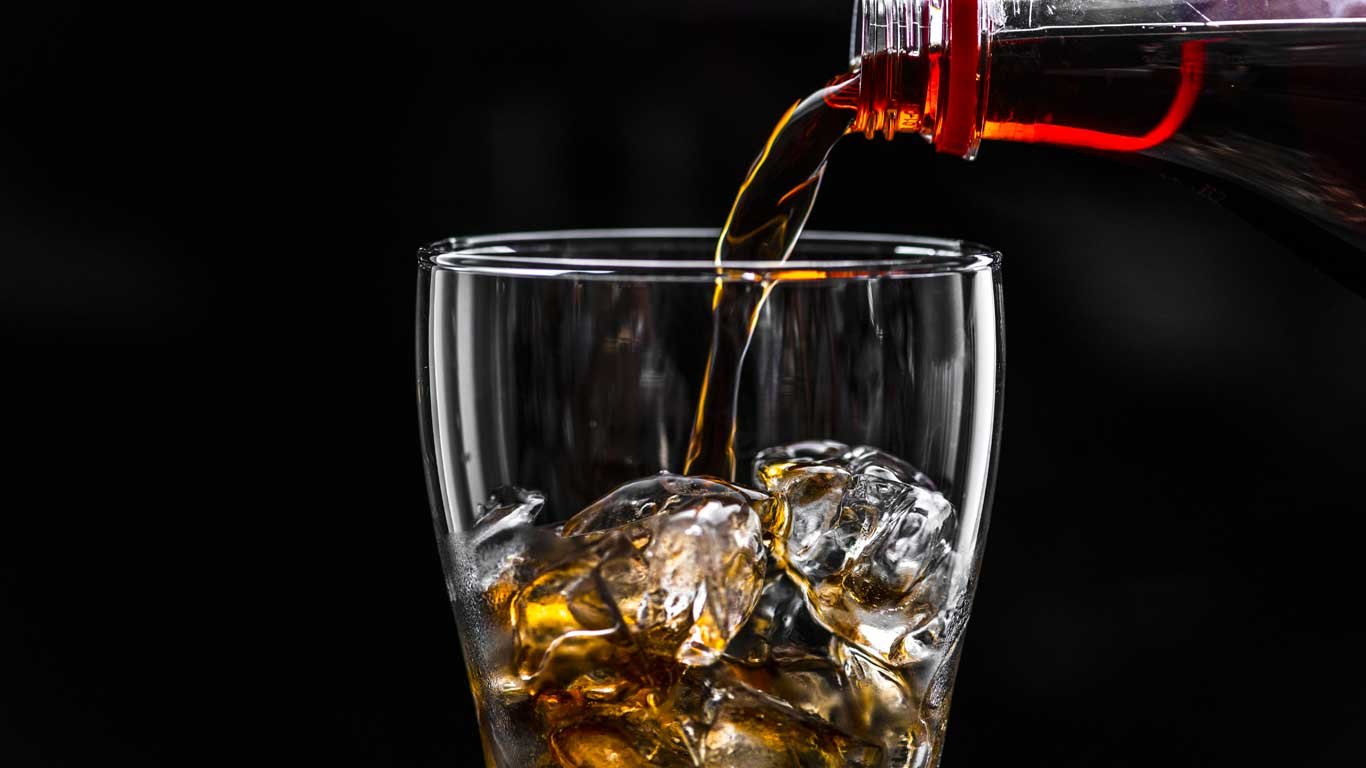
Mouth ulcer and alcohol: dry mouth
Another effect of alcohol on oral health is dry mouth. Dry mouth triggers mouth ulcers as well as canker sores.
All of us know that the main responsibility of saliva in our body is to moisten the mouth, clean it, and aid in better digestion. But you may not be aware of the fact that saliva prevents infections by controlling bacteria and fungi in our mouth.
Alcohol is highly linked with dehydrates and a drying agent, which subsequently reduces saliva production, providing a better environment for developing canker sores.
How to help prevent canker sores from consuming alcoholic beverages?
Whether you’re enjoying a few beers at the bar or just wine at home, there are some ways to decrease the chances of developing canker sores and displeasing morning breath:
- Drinking plenty of water before going to bed helps a hydrated body effectively combat the effects of alcohol, replenish cells, and keep the mouth moist during sleep.
- We recommend eating legumes or leafy vegetables before drinking alcoholic beverages.
- It’s good advice to eat breakfast cereals, as they’re rich sources of folic acid.
Long-Term Effects of Alcohol on the Mouth
Functional alternation of the upper aerodigestive tract, local morphology, and metabolic system are some of the long-term effects of alcohol.
Based on the study published by NBCI, head and neck cancer are highly linked with chronic consumption of alcohol. The study, based on sufficient evidence and a number of epidemiological studies, claims that chronic alcohol consumption increases the risk of head and neck cancer in all individuals equally, whether smokers or non-smokers.
Alcohol changes the morphology and function of the salivary glands. Moreover, it can accumulate pathological microbes within the mucosa, resulting in chronic infection.
Increased susceptibility to carcinogens and enhanced cell proliferation in the mucosa lead to genetic alterations, resulting in the development of dysplasia, leukoplakia, and carcinoma.
There is a correlation between chronic alcohol consumption and an increased risk of cancer as well as enhanced mortality, which follows a dose-effect relationship.
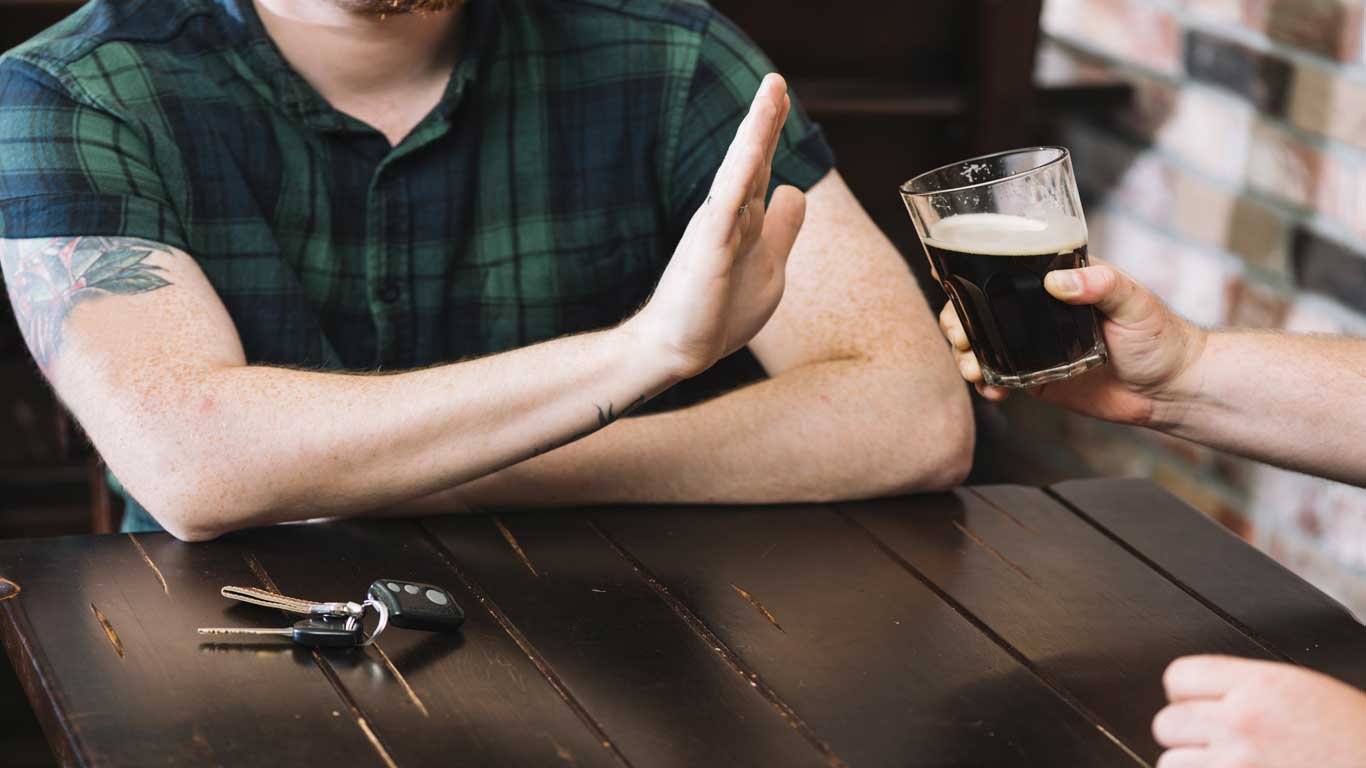
The Standard and Chorionic Alcohol Consumption
Based on the CDC, a standard drink contains 14.0 grams (1.2 tablespoons or 6 ounces) of pure alcohol. Generally speaking, this amount of pure alcohol can be found in:
- 5 ounces of wine (12% alcohol content)
- 5 ounces of 80-proof distilled spirits liquors, like vodka, gin, whiskey, rum, etc. (40% alcohol content)
- 12 ounces of beer (5% alcohol content)
- 8 ounces of malt liquor (7% alcohol content)
Excessive alcohol drinking includes heavy drinking, binge drinking, drinking by pregnant individuals, or people younger than age 21.
Binge drinking is defined as consuming:
- For men, five or more drinks whiten a single occasion.
- For women, four or more drinks whiten a single occasion.
Heavy drinking is defined as consuming:
- For men, 15 or more drinks per week
- For women, 8 or more drinks per week
Please note that most people who consume excessive amounts of alcohol are not alcoholics or alcohol dependents.
Moderate drinking
Again, based on the CDC, moderate drinking is defined as the consumption of two or fewer drinks per day for men (at the age of legal drinking) and one or fewer for women per day (again at the age of legal drinking).
Individuals who shouldn’t consume any alcohol:
- People who are younger than age 21
- People who are suffering from certain medical conditions
- Pregnant women or women who are susceptible to pregnancy
- People who consume some medications that interact with alcohol
- People who recover from alcoholism or cannot control themselves to not drink alcohol
- People who plan to drive or have to participate in activities require skill, alertness, and coordination
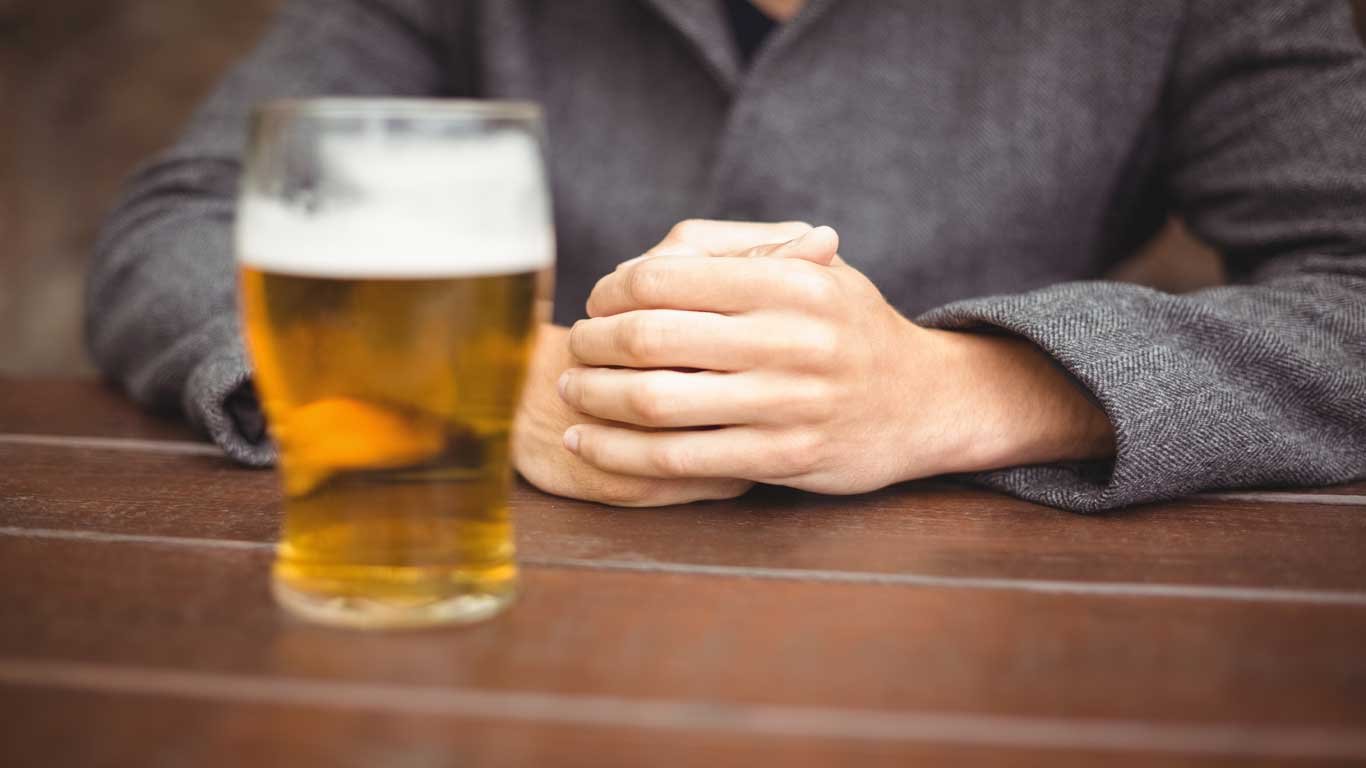
Alcohol and Invisalign
One of the biggest reasons people choose Invisalign aligners is for aesthetic purposes and convenience, as they can be easily removed when eating or drinking.
Now, a big question arises: “Can I drink wine with Invisalign?”
Staining is a significant concern when consuming wine while wearing Invisalign, especially red wine, which is known for leaving noticeable stains on teeth. Invisalign aligners are made of a transparent plastic material that can absorb pigments from the wine, leading to discoloration.
Moreover, wine is acidic and can potentially damage tooth enamel. Although Invisalign acts as a barrier between wine and your teeth, it’s not completely impermeable to acid. Therefore, extended exposure to any kind of acidic beverage, like wine, can ultimately increase the risk of developing enamel erosion and tooth sensitivity.
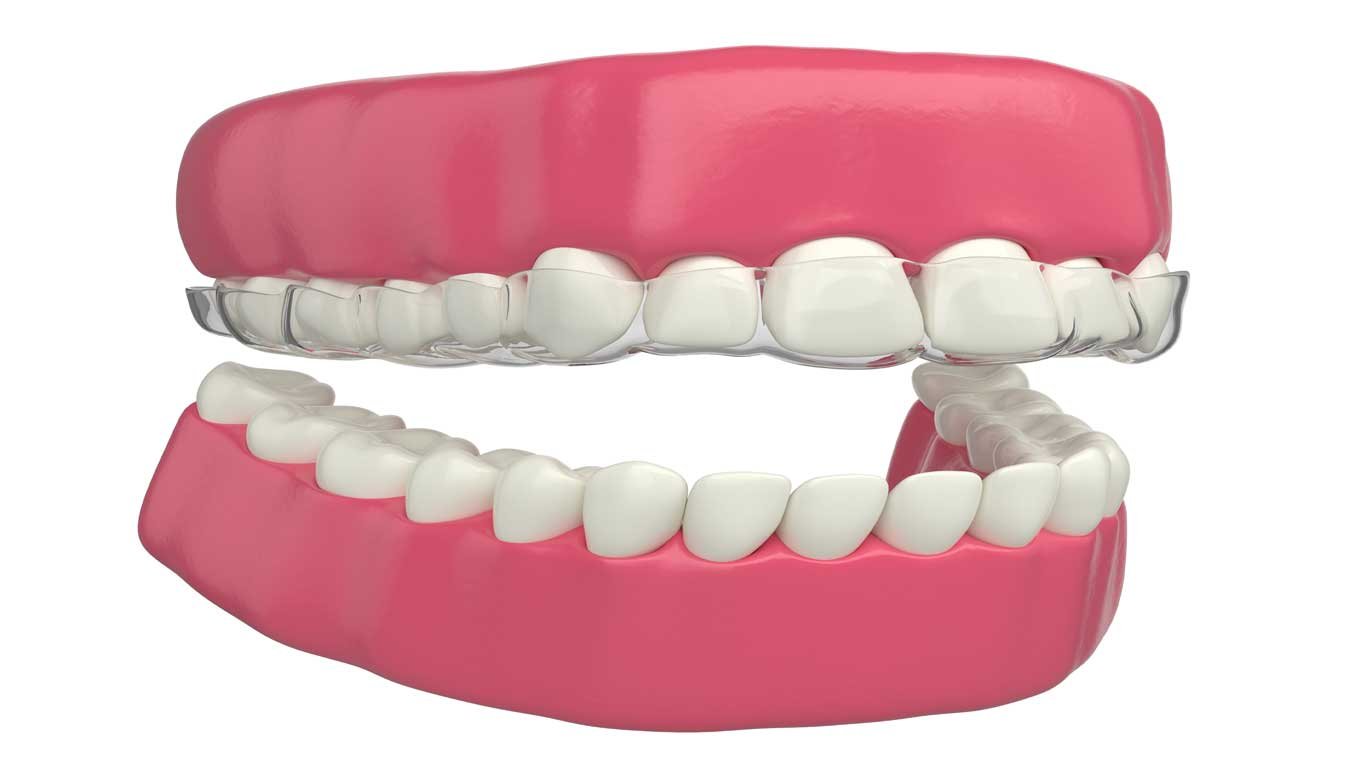
Alcohol and Invisalign: tips to enjoy wine while wearing Invisalign
Journeying toward a beautiful smile doesn’t mean you have to suppress yourself from simple enjoyment. The key is to enjoy things in moderation. Here are some useful tips when it comes to Invisalign and alcohol.
- Choose light-colored wines: Generally, white wine and rosé are less likely to cause stains on aligners compared to highly pigmented wines, such as red wine.
- Practice good oral hygiene: Before putting aligners back in, make sure to brush and floss your teeth thoroughly to remove any remaining wine pigments and reduce the risk of staining.
- Limit wine intake: Consuming wine in moderation is a good idea to decrease the risk of enamel erosion and staining.
Gum Disease and Alcohol
An excessive amount of alcohol not only has negative consequences for your body but also for your gums.
Frequent exposure to alcohol can inflame the soft tissue of your mouth, leading to inflammation and ultimately damaging the tooth’s root over time.
Most alcoholic beverages are acidic and contain sugar, increasing the risk of enamel erosion and sensitive or painful teeth in the long run. Moreover, alcohol dehydrates you and causes less salivary production, providing a perfect environment for harmful bacteria in your mouths to grow.
That’s why we insist on staying hydrated, especially after consuming alcohol, to lessen damage to your dental health.
Poor oral health
When it comes to alcohol and braces, practicing good oral hygiene and regular check-ups are key. Frequent drinkers often neglect symptoms such as red gum, inflamed gum, gum bleeding, and sensitive teeth. All these signs, if left untreated, can ultimately lead to tooth decay.
If you experience each of the above signs, stop consuming alcohol and consult your orthodontist as quickly as possible.
A maintenance routine is important
No matter how tired you are, after any alcoholic consumption, even very little, you should brush your teeth and rinse your mouth to wash away the remaining alcohol on your teeth. Otherwise, it allows bacteria and plaque to build up.
Unfortunately, most people prefer mixed drinks, which contain a high level of sugar. The combination of alcohol and sugar can irritate your gum, damage your tooth enamel, and, if left unchecked, cause reduced salivary production, leading to dry mouth and subsequently creating a perfect environment for bacteria and plaque to grow.
When it comes to alcohol and braces, our advice is to keep your routine of brushing, flossing, staying hydrated, and regularly having dental check-ups.
Bottom Line
While we don’t recommend depriving yourself of the enjoyment of occasional drinks, be smart and keep consuming in moderation. After drinking, brush your teeth and rinse your mouth to remove alcohol from your teeth. Additionally, staying hydrated is crucial to preventing dehydration and dry mouth.
Lastly, regular dental check-ups with Dr. Mir are essential to ensure your oral health and a safe journey toward a beautiful smile.
FAQ
Can I drink white wine with Invisalign?
Although white wine, compared to red wine, has less pigmentation, it’s acidic and contains sugar, which can contribute to enamel erosion and cavities if left on teeth and Invisalign.
Similarly, flavored and sparkling water, like tonic water, is carbonated, so it’s not recommended to consume while wearing Invisalign aligners.
Can I drink beer with braces?
Beer is slightly acidic, typically having a pH ranging from 3.5 to 4.5, which can potentially contribute to tooth erosion if consumed frequently or in large quantities due to its carbohydrate content.
Nevertheless, compared to sweetened beverages like soda or fruit juices, beer generally contains less sugar.
It is important to prioritize oral hygiene after consuming any beverages, especially during orthodontic treatment, to minimize the risk of complications.
Can I drink alcohol during mouth ulcers?
Although alcohol beverages cannot directly cause mouth ulcers, they may trigger them. Alcohol has an acidic nature that can cause irritation to the lining of the mouth, making it more susceptible to developing ulcers.
It can also worsen existing ulcers by stimulating increased stomach acid production, leading to pain and discomfort.
Therefore, we highly recommend avoiding consuming alcohol or other acidic beverages or foods while suffering from mouth ulcers.
